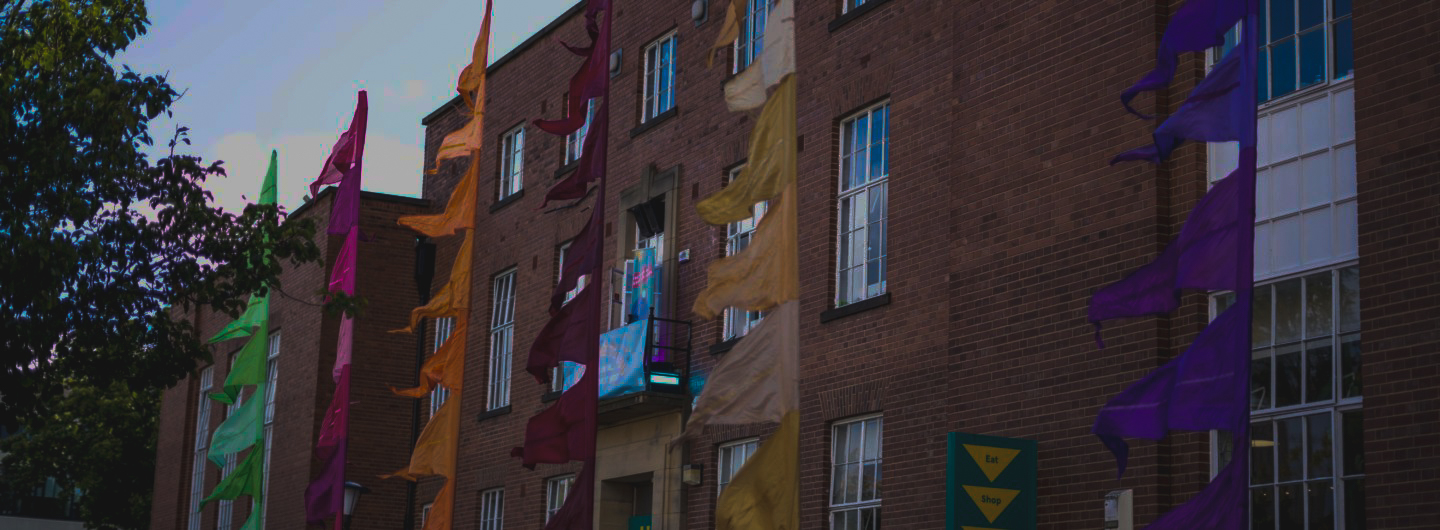
Avoiding Plagiarism and Academic Misconduct
Avoiding Plagiarism and Academic Malpractice
To avoid plagiarism and academic malpractice it is important to ensure that your work is referenced correctly and you follow all the guidelines and instructions given to you about how to work.
Common accidental causes of plagiarism include:
- Taking notes and note referencing the notes so you know they are not your words
- Cutting and pasting material from sources and trying to edit it later
- Not paraphrasing text property - this means fully rewriting it in your own words rather than just changing the words of the sources
- Rushing your work, handing in work you have not checked, or the wrong work, such as a draft
- Looking at a friends work and accidentally copying sections
- Discussing your work with a friend and writing very similar material
It is important to understand how to reference correctly and how to use sources. You can get help from your tutor, or Skills@Library
Sometimes students submit work containing plagiarism or malpractice which is not accidental. This is often because they have mitigating circumstances and panic.
The University does not see accidental or deliberate plagiarism differently, but mitigating circumstances can be taken into account when deciding the penalty. If you do have mitigating circumstances it is much better to seek help from your School through the additional consideration process rather than risk academic misconduct.
